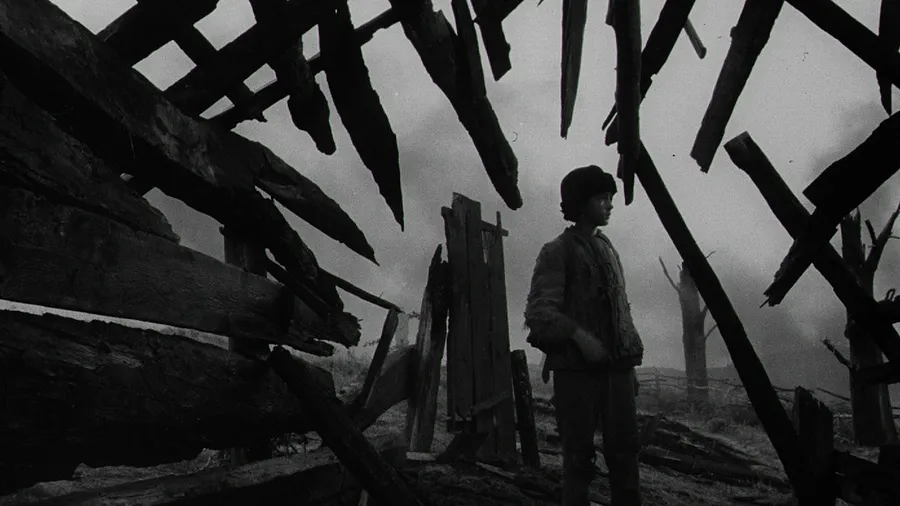
Andrei Tarkovsky has often been named as the cinema poet / the poet of cinema. But the term has been passed around so casually that even the ones who have never bothered to take a deep look within his work will refer to him so. If you ask them, they’ll reply -- oh why, his films are so poetic. While that statement is not wrong, they actually refer to his cinematography and aesthetic quality within frames, his iconic slower takes. But these are only outward appearances. In actuality, Tarkovsky finds poetic links within the characters, plot, theme, interwoven into one. He also doesn’t mean poetry as a genre, rather a way of seeing and exploring life.
Traditional drama/theatricality links images, characters to plots in a logical manner that form the whole narrative. Everything has to make sense as you were calculating some math formula. Tarkovsky on the other hand, lay open the ideas and sensations -- then with the help of editing, the narrative forms in the audience’s mind, intrinsically. Like how thoughts emerge, as Tarkovsky put it.
He made Ivan’s Childhood as a project during his film school days. It was also a test for him. He wanted to see whether he had the knack for filmmaking. As he described later, his then visions that are expressed through the film weren’t clearly laid out back then. He followed his gut and while some decisions he later regretted (like the ruin scene which originally had no ruin and grassy fields), he was mostly on the path that would ultimately make him one of the most influential filmmakers of all time.
Tarkovsky thought not all literary works are suitable to put on screen. Some works have a profundity, completeness where the entirety of the work can only be achieved through its native form and it’s a folly to try to adapt those on screen. I can think of Camus’ The Stranger to demonstrate this idea. The Stranger is mostly a philosophical work that revolves around absurdism yet within a plot that can also be dubbed as a crime drama. While the crime drama part can certainly be screened with adequate actors, set design and all that but it’s impossible to replicate the feelings of philosophical freedom the book invokes within the reader through Meursault. For the same reason, Wilde’s The picture of Dorian Gray is unfilmable, so is Mann’s Death in Venice. Certainly alterations can be made to attempt invoking original feelings but that would deviate so much that the final work has to be called an original.
And the other kind of literary works, as Tarkovsky said, have a solid structure, made of clear ideas and they do not have thoughts of aesthetical nature -- can be screened. He chose Ivan’s Childhood’s story because it fit the second category.
That is evident in his adaptation of the scenes. Instead of focusing on recreating the detailed geographical nuances, Tarkovsky resorted to creating an atmosphere that mostly matched the austere theme of the story.
Ivan’s Childhood is a war film that doesn’t focus on the exploits of war or the harshness of it. It’s much more personal than that and to portray that personal reality, individual dreams are drawn. What could be the reality and where they were then and each of those personal perspectives consolidate into what we call life. Life during wartime and the other side of the wind.
Thanks for reading.
The ideas I refer to and credit the author for are discussed in a great detail in Tarkovsky’s book ‘Sculpting in Time.’
Cover photo source

About Me


